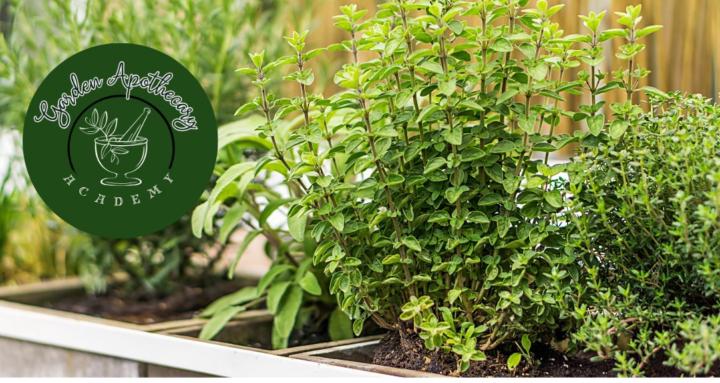Aug 18 • Medicinal Herbs- Using Herbs
Using Roses as Herbs
Many people don't know how beneficial roses can be. Even if you do not grow roses, rose petals, essential oil, and rose hips are all available at your favorite source- online or health food store.
It's not every day that something beautiful and fragrant is so good for you!
Let's take a closer look at the Rose as an herb:
Botanical Name
- Rosa spp. (various species, especially Rosa damascene, Rosa gallica, Rosa rugosa, Rosa canina, and Rosa centifolia)
Common Names
- Rose, Damask rose, Apothecary rose, Wild rose, Dog rose, Cabbage rose
Family
- Rosaceae
Description
Roses are perennial, woody shrubs with thorny stems, pinnate leaves, and showy, fragrant flowers ranging in color from white to deep crimson. The hips (seed pods) are small, usually red or orange, and develop after flowering. In herbalism, the petals and hips are the most valued parts.
History & Folklore
Ancient Civilizations:
- Egypt: Cleopatra famously scattered rose petals in her chambers to seduce Mark Antony.
- Persia: The birthplace of distilled rosewater (~10th century CE), used for medicine and cuisine.
- Rome: Petals were strewn at feasts and steeped in wine; rose garlands symbolized secrecy ("sub rosa")
Parts Used
- Petals – fresh or dried for teas, syrups, glycerites, infused honey, vinegars, skin care.
- Hips – fresh or dried for teas, jams, jellies, syrups; prized for vitamin C content.
- Essential oil & hydrosol – distilled from petals for perfumery, aromatherapy, and skin care.
Constituents
- Petals: volatile oils (including geraniol, nerol, citronellol), flavonoids, tannins, phenolic compounds.
- Hips: ascorbic acid (vitamin C), flavonoids, carotenoids (beta-carotene, lycopene), pectins, organic acids.
Medicinal Actions
- Petals: fresh or dried for teas, syrups, glycerites, infused honey, vinegars, skin care
- Hips: fresh or dried for teas, jams, jellies, syrups; prized for vitamin C content.
Modern Research
- Rose extracts show antioxidant and anti-inflammatory effects.
- Aromatherapy with rose essential oil has been linked to reduced anxiety, improved mood, and enhanced sexual function.
- Rose hip powder has demonstrated benefit in reducing pain and improving mobility in osteoarthritis.
Preparations & Dosage
- Tea (Petals): 1–2 tsp dried petals per cup of hot water; steep 10–15 min.
- Tea (Hips): 1 tbsp crushed hips per cup of water; simmer 10 min.
- Syrup: Simmer hips in water, strain, add honey; 1–2 tsp as needed.
- Rosewater: Distill or steep petals in water; store refrigerated.
- Infused oil: Cover petals in carrier oil; steep in sun or warm place 2–4 weeks.
Safety
- Generally safe; avoid high doses of essential oil internally.
- Mild laxative effect from hips if consumed in large quantities.
- Avoid hips with hairy seeds if not strained thoroughly, as they can irritate the throat.
In the Garden
- Roses thrive in full sun with well-drained, fertile soil.
- Prune annually for airflow and shape.
- Choose disease-resistant varieties like Rosa rugosa for hips and medicinal use.
Quick Recipe: Rose Petal Honey
- Fill a jar halfway with fresh rose petals.
- Pour raw honey over petals, stirring to remove air bubbles.
- Cap and let infuse 2–4 weeks.
- Use in tea, drizzle on pastries, or as a sore throat remedy.
6
5 comments

skool.com/gardenapothecary
An academy guaranteed to teach how to grow and use herbs medicinally for both you and your livestock.
Powered by



